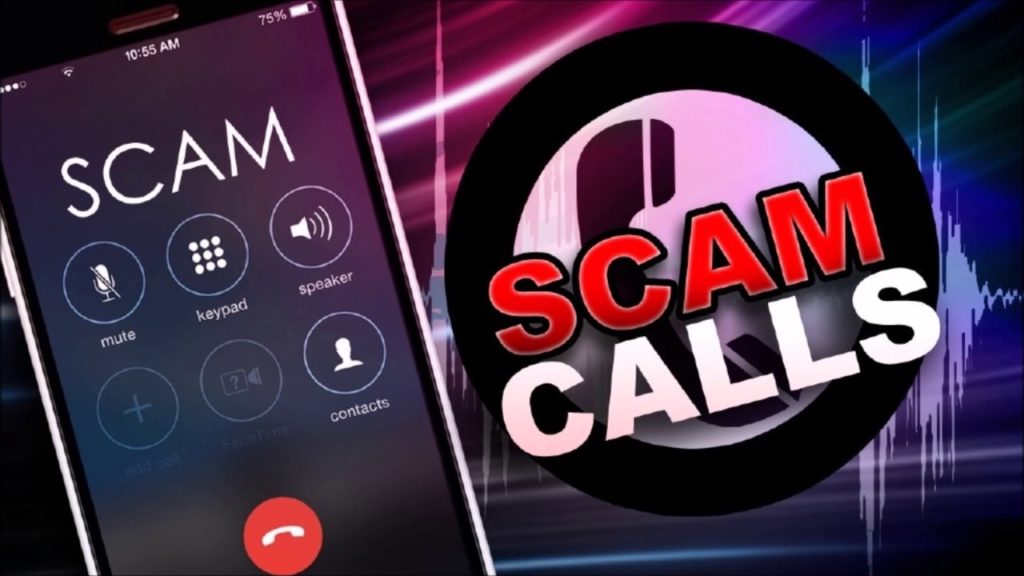 The Office of the Inspector General (OIG) for the Department of Health and Human Services (HHS) and the FTC want you to know about a scam in which callers posing as federal employees are trying to get or verify personal information. This is a government imposter scam.
The Office of the Inspector General (OIG) for the Department of Health and Human Services (HHS) and the FTC want you to know about a scam in which callers posing as federal employees are trying to get or verify personal information. This is a government imposter scam.
Sometimes, the caller asks you to verify your name, and then just hangs up. Other times, he or she might ask for detailed information — like the last digits of your Social Security or bank account number. Imposters might say they need this information to help you or a family member. But their real reason is to steal from you or sell your information to other crooks.
Your caller ID might even read “HHS Tips” or “Federal Government” when they call. The phone number could have the “202” Washington, DC area code, the headquarters for many federal agencies. The phone number may even be for a real government agency. But don’t be fooled: Scammers know how to rig their caller IDs to show false information.
So how can you tell the caller is an imposter?
- The federal government typically will contact you by U.S. Mail first, not by phone or email.
- Federal agencies will not demand personal information like your Social Security Number or bank account number over the phone. Also, just because the caller knows details about you, doesn’t mean she is trustworthy.
- The caller typically asks you to send money – often via wire transfer, by using a prepaid debit card, or maybe by sending you a fake check to cash. Federal agencies will not ask you to use any of these methods to send money for any reason.
…and what should you do?
- Hang up. Do not give out any personal or financial information.
- Contact the Department of Health and Human Services OIG at 1-800-HHS-TIPS (1-800-447-8477) or spoof@oig.hhs.gov
- File a complaint with the FTC at ftc.gov/complaint or 877-FTC-HELP.
